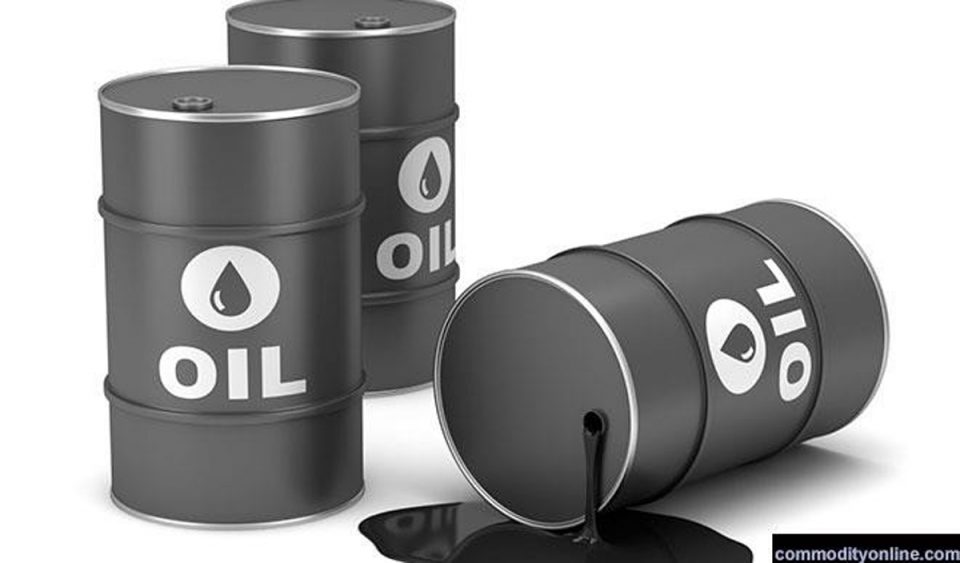Photo caption: Oil
Oil prices fell slightly on Thursday as the possibility of U.S. tariffs being reinstated raised questions about demand ahead of an expected supply boost by major producers.
Brent crude futures fell 34 cents, or 0.49%, to $68.77 a barrel by 1326 GMT. U.S. West Texas Intermediate crude declined 31 cents, or 0.46%, to $67.14.
Both contracts hit one-week highs on Wednesday as oil producer Iran suspended cooperation with the U.N. nuclear watchdog, raising concerns the lingering dispute over its nuclear programme could again evolve into armed conflict.
A preliminary trade deal between the U.S. and Vietnam also boosted prices.
Tariff uncertainty looms large, however. The 90-day pause on the implementation of higher U.S. tariffs ends on July 9, and several large trading partners have yet to clinch trade deals, including the European Union and Japan, raising concerns about the economic impact, with implications for fuel demand.
The OPEC+ group of oil producers, meanwhile, is expected to agree to raise output by 411,000 barrels per day at its policy meeting this weekend.
Adding to negative sentiment, a private-sector survey showed that service activity in China – the world’s biggest oil importer – expanded at its slowest pace in nine months in June as demand weakened and new export orders declined.
A surprise build in U.S. crude inventories also highlighted demand concerns in the world’s biggest crude consumer.
The U.S. Energy Information Administration said on Wednesday that domestic crude inventories rose by 3.8 million barrels to 419 million barrels last week. Analysts in a Reuters poll had expected a drawdown of 1.8 million barrels.
U.S. job growth was solid in June while unemployment rates fell unexpectedly, data showed on Thursday, potentially allowing the Federal Reserve to delay resuming cutting interest rates.
“Thursday’s jobs report was stronger than expected, which shows that the resiliency we have been seeing in the economy over the past several months is still intact. We still expect the Federal Reserve to continue its wait and see approach on interest rates,” said David Laut, chief investment officer of Abound Financial.
=== Reuters ===



